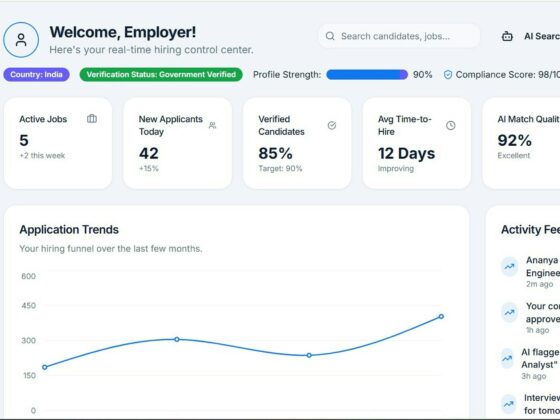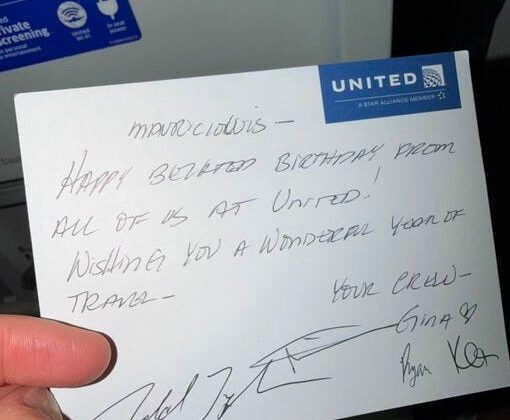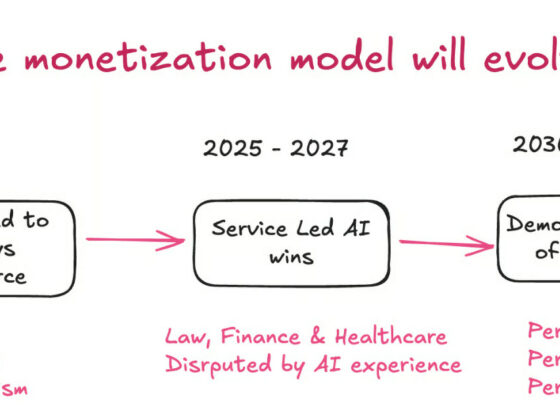Why intention-led inventory could reshape how hotels generate demand, set prices, and build their brands
Nov 20, 2025
Key takeaways
- AI travel assistants are flipping the script: travelers are no longer browsing room categories — they’re expressing intentions.
- Experience-based selling gives hotels a new vocabulary that AI systems (and humans) actually understand.
- Hotels adopting experience-led inventory see stronger pricing, more even room demand, and better direct bookings.
- As AI intermediates the first stage of travel planning, hotels with clear experiential descriptions will surface more often in recommendations.
- This shift isn’t just operational — it’s a branding opportunity for hotels that have a real story to tell.
The old room-type model is hitting its limits
For years, hotel rooms have been squeezed into the same three boxes: Standard, Superior, Deluxe. These labels weren’t created because travelers asked for them — they existed because OTAs needed uniform categories to make comparison grids work. Convenient for platforms; bad at expressing what makes a room special.
The problem is simple: room types tell you almost nothing about how a space actually feels.
Now AI is breaking that entire system open.
Instead of scrolling through lists, travelers increasingly describe outcomes: a calm room after a long flight, bright light for early work sessions, a cozy layout for unwinding. These are natural human preferences — and AI tools can parse them instantly. Traditional room categories, meanwhile, can’t translate intention into anything meaningful.
The gap between what guests want and what room types offer is widening fast.
AI listens to intentions — not categories
This is where experience-based selling fits in. Instead of treating a room as a generic unit, it reframes it as a combination of attributes that support a specific mood or purpose.
Think of a room that’s east-facing, high-floor, recently renovated, and quiet.
Traditional label: “Superior King.”
Experience-led label: “Morning Light Room.”
The second one instantly tells you what you’re getting — and why it matters.
It also tells AI systems the same thing. And that’s the real shift: when search becomes conversation, hotels need inventory that can answer in conversational terms.
Hotels that make their rooms machine-readable and emotionally relatable win twice: AI can recommend them more accurately, and humans understand them more intuitively.
Hotels already have the ingredients — they’re just buried
Most hotels have more room variation than their websites suggest. Rooms differ in light, shape, view, noise, materials, and overall vibe. But in a category-based model, all that nuance gets flattened.
Experience-based selling turns these differences into value:
- Rooms that feel bright and energizing
- Rooms designed for work and focus
- Rooms that stay cool and quiet
- Rooms with unique architectural features
- Rooms with standout views or angles of light
Hotels that have adopted this approach report something interesting: revenue gains don’t come from new construction or renovations. They come from describing what already exists in a way travelers (and AI) can finally understand.
AI is changing how hotels get discovered
In the OTA era, hotels competed on lists. In the AI era, they’ll compete inside conversations.
AI travel assistants are already recommending hotels based on the emotional and functional cues people describe. The systems aren’t matching “Superior” vs. “Deluxe.” They’re matching intentions.
This means hotels with richer, clearer experiential data have a structural advantage. They surface more. They get recommended more. They show up earlier in the decision process.
Hotels relying on traditional room categories risk becoming invisible — not because they lack quality, but because they lack a vocabulary AI can work with.
Inventory description is no longer a marketing afterthought. It’s becoming a distribution strategy.
This is also a branding moment
Room types say nothing about a hotel’s personality. Experiences do.
A well-crafted room experience can reflect the hotel’s design choices, its philosophy of comfort, or its sense of place. It can show who the hotel is before the guest even arrives.
AI amplifies this. If the first interaction a traveler has with your brand is through an AI assistant, you want that assistant to understand your property on a deeper level than “Deluxe Room, 22 m².”
Properties with real character — boutique hotels, design-led independents, resorts with strong identities — have the most to gain. Experience-led merchandising gives them a way to translate that identity into both human language and machine logic.
This isn’t a re-labeling exercise. It’s a new way of surfacing what makes a place memorable.
Where hotels go from here
Hotels moving toward experience-based merchandising usually map their room attributes, group them into logical experience themes, and present them consistently across the website and CRM touchpoints. The goal is to shift from describing what the room is to what the room supports — calm, creativity, focus, connection, rest.
It’s not a reinvention. It’s a reframing. And for many properties, it’s a release — finally a chance to describe themselves on their own terms again.
The industry spent a decade adapting to OTA logic. Now it has to adapt to AI logic. For hotels with a distinct identity, this is more than a distribution shift. It’s a long-overdue opportunity to stand out.
And for those with a real story to tell, it may be the branding moment they’ve been waiting for.







